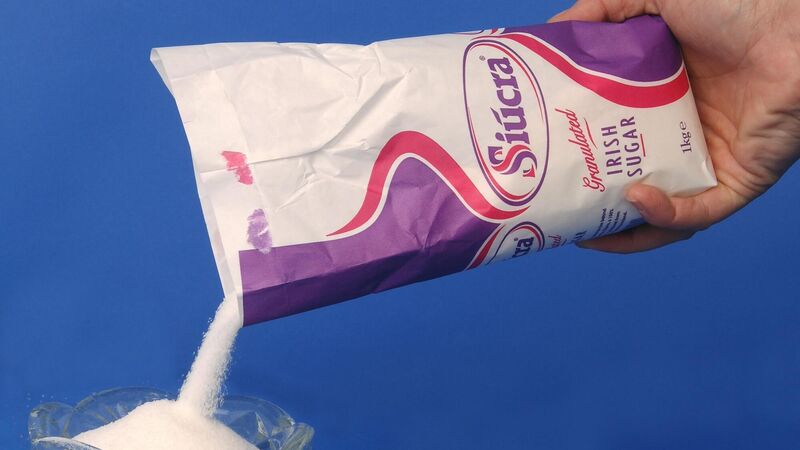A looming global sugar shortage is reviving memories of Ireland's once-flourishing beet processing industry

Mallow Sugar Factory was the last of the sugar plants to be closed in 2006, despite strong opposition locally and nationally by those who pointed out that the industry was efficient, profitable and had a future.
A looming shortage of sugar on global markets has revived bitter memories of how the once flourishing beet processing industry in Ireland was shut down with knock-on impacts on rural and urban communities.
Over a period of 80 years from 1926, generations of rural and urban families were involved in what was a remarkable partnership that included the State through the Irish Sugar Company before it was privatised and taken over by Greencore in 1991.











